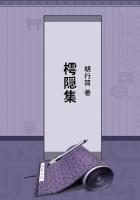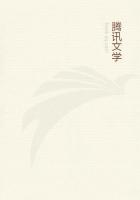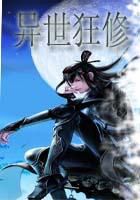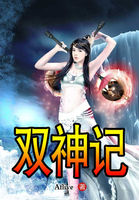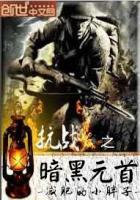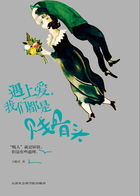Within a year of Halley's election as a Fellow of the Royal Society, he was chosen by the Society to represent them in a discussion which had arisen with Hevelius. The nature of this discussion, or rather the fact that any discussion should have been necessary, may seem strange to modern astronomers, for the point is one on which it would now seem impossible for there to be any difference of opinion. We must, however, remember that the days of Halley were, comparatively speaking, the days of infancy as regards the art of astronomical observation, and issues that now seem obvious were often, in those early times, the occasions of grave and anxious consideration. The particular question on which Halley had to represent the Royal Society may be simply stated. When Tycho Brahe made his memorable investigations into the places of the stars, he had no telescopes to help him. The famous instruments at Uraniborg were merely provided with sights, by which the telescope was pointed to a star on the same principle as a rifle is sighted for a target. Shortly after Tycho's time, Galileo invented the telescope. Of course every one admitted at once the extraordinary advantages which the telescope had to offer, so far as the mere question of the visibility of objects was concerned. But the bearing of Galileo's invention upon what we may describe as the measuring part of astronomy was not so immediately obvious. If a star be visible to the unaided eye, we can determine its place by such instruments as those which Tycho used, in which no telescope is employed. We can, however, also avail ourselves of an instrument in which we view the star not directly but through the intervention of the telescope. Can the place of the star be determined more accurately by the latter method than it can when the telescope is dispensed with? With our present knowledge, of course, there is no doubt about the answer; every one conversant with instruments knows that we can determine the place of a star far more accurately with the telescope than is possible by any mere sighting apparatus. In fact an observer would be as likely to make an error of a minute with the sighting apparatus in Tycho's instrument, as he would be to make an error of a second with the modern telescope, or, to express the matter somewhat differently, we may say, speaking quite generally, that the telescopic method of determining the places of the stars does not lead to errors more than one-sixtieth part as great as which are unavoidable when we make use of Tycho's method.
But though this is so apparent to the modern astronomer, it was not at all apparent in the days of Halley, and accordingly he was sent off to discuss the question with the Continental astronomers.
Hevelius, as the representative of the older method, which Tycho had employed with such success, maintained that an instrument could be pointed more accurately at a star by the use of sights than by the use of a telescope, and vigorously disputed the claims put forward by those who believed that the latter method was the more suitable. On May 14th, 1679, Halley started for Dantzig, and the energetic character of the man may be judged from the fact that on the very night of his arrival he commenced to make the necessary observations. In those days astronomical telescopes had only obtained a fractional part of the perfection possessed by the instruments in our modern observatories, and therefore it may not be surprising that the results of the trial were not immediately conclusive. Halley appears to have devoted much time to the investigation; indeed, he remained at Dantzig for more than a twelvemonth. On his return to England, he spoke highly of the skill which Hevelius exhibited in the use of his antiquated methods, but Halley was nevertheless too sagacious an observer to be shaken in his preference for the telescopic method of observation.
The next year we find our young astronomer starting for a Continental tour, and we, who complain if the Channel passage lasts more than an hour or two, may note Halley's remark in writing to Hooke on June 15th, 1680: "Having fallen in with bad weather we took forty hours in the journey from Dover to Calais." The scientific distinction which he had already attained was such that he was received in Paris with marked attention. A great deal of his time seems to have been passed in the Paris observatory, where Cassini, the presiding genius, himself an astronomer of well-deserved repute, had extended a hearty welcome to his English visitor. They made observations together of the place of the splendid comet which was then attracting universal attention, and Halley found the work thus done of much use when he subsequently came to investigate the path pursued by this body.
Halley was wise enough to spare no pains to derive all possible advantages from his intercourse with the distinguished savants of the French capital. In the further progress of his tour he visited the principal cities of the Continent, leaving behind him everywhere the memory of an amiable disposition and of a rare intelligence.
After Halley's return to England, in 1682, he married a young lady named Mary Tooke, with whom he lived happily, till her death fifty-five years later. On his marriage, he took up his abode in Islington, where he erected his instruments and recommenced his observations.

